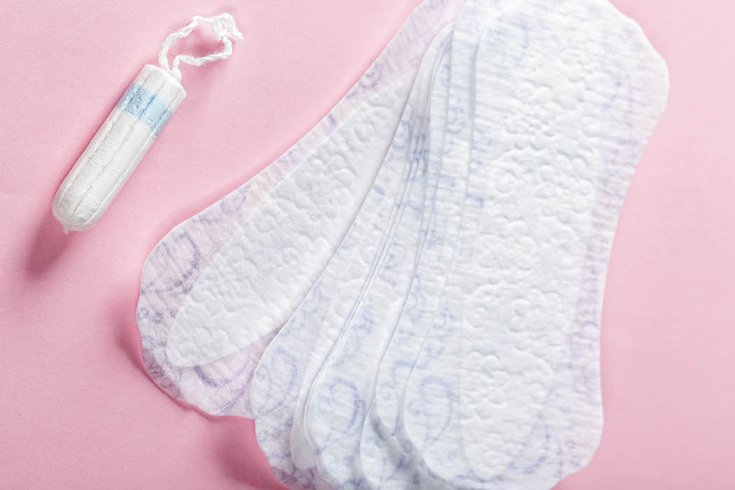
April 15, 2019
 Marco Verch/Flickr
Marco Verch/Flickr
UPenn's new menstrual product program is slated to launch in the coming weeks.
In the fall, University of Pennsylvania students asked that menstrual products be made more accessible on campus, and the administration listened — the university is slated to pilot a free feminine hygiene program in the coming weeks.
Last week, Vice Provost for University Life spokesperson Monica Yant Kinney notified Undergraduate Assembly (UA) and Graduate and Professional Student Assembly (GAPSA) — the groups that have been pushing for this development all semester and will be funding the project— that the initiative had been approved, the Daily Pennsylvanian reports.
While the finer details of the program —like where the products will be located and how much will be provided — have yet to be ironed out, the Daily Pennsylvanian reports that the pilot is slated to kick off in four to six weeks, according to Director of Campus Health, Ashlee Halbritter.
Campus locations with the highest flow of students, like libraries and class buildings, will likely house most of the products in the program’s beginning stages, GAPSA Chair of External Affairs B.J. Courville explains to the publication.
RELATED READ: Penn sophomore wins Oscar for 'Period. End of Sentence.'
It’s worth noting that this program was not created to provide all students with all of their monthly menstrual supplies. Rather, it is meant to be an emergency amenity.
While there are currently 60 to 70 locations on Penn’s campus where menstrual products are available, the Daily Pennsylvanian reports, a survey led by the UA found that most of the machines were out of stock, broken and rarely provided free products — if at all.
Penn’s new menstrual product pilot program comes after a petition with over 800 signatures calling for an increase of free menstrual products on campus was sent to university president Amy Gutmann.
The issue of students calling for free campus menstrual products is not unique to UPenn. The Temple News reported in February that faculty in the Klein College of Media and Communication chose to provide free menstrual products to students in Annenberg Hall after being told that Temple couldn’t provide them “due to financial reasons.”